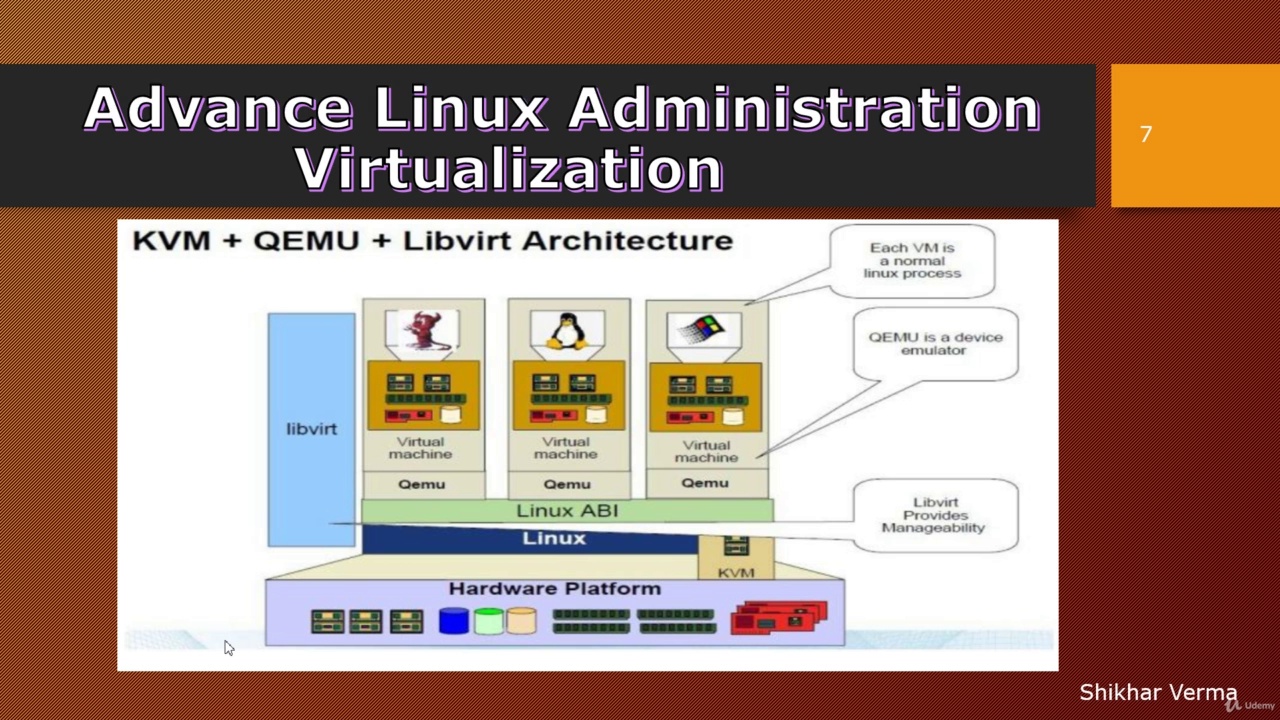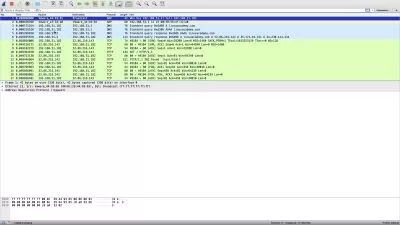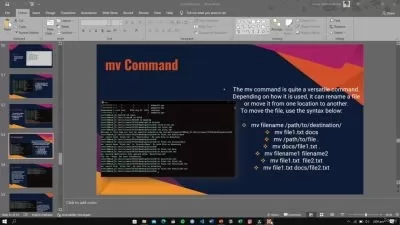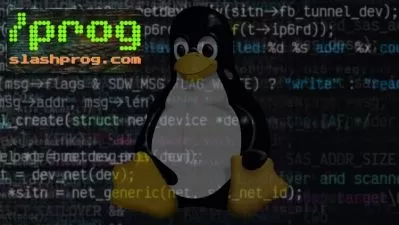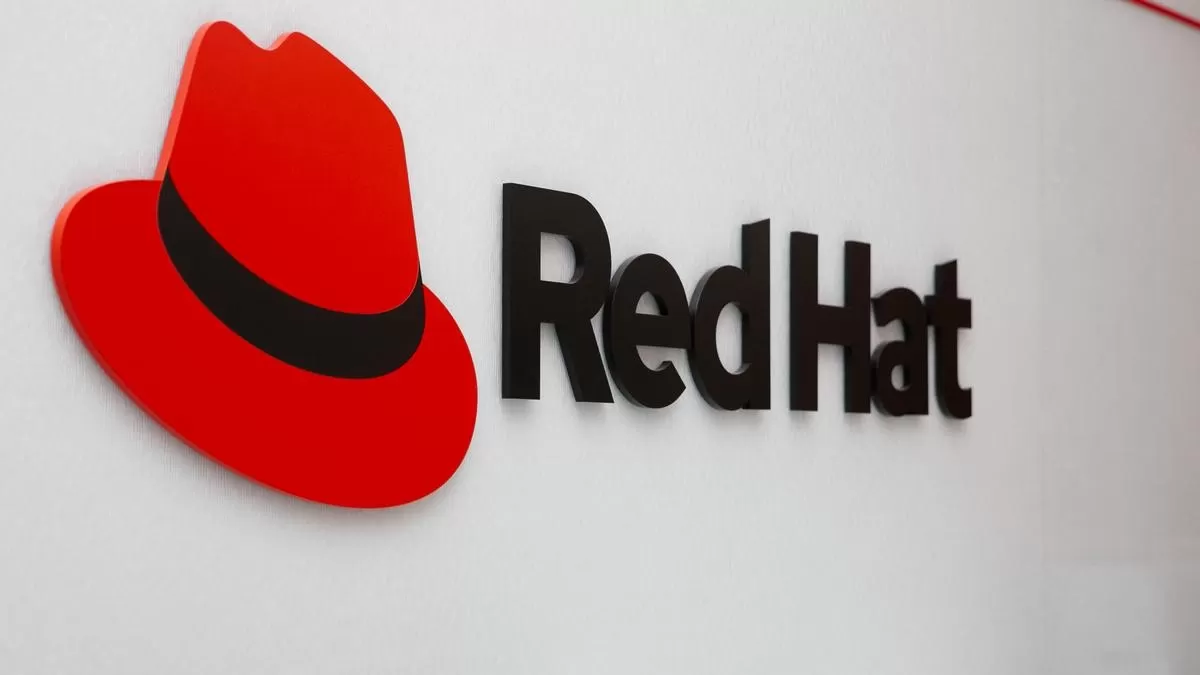
Mastering Linux with Red Hat: A Complete Guide to Training, Certifications, and RHEL
2024/10/24
If you’re aiming to master Linux, there’s no better starting point than Red Hat, a global leader in open-source software. This guide covers Linux training, popular Linux certifications, and mastering the Red Hat Enterprise Linux (RHEL) platform, ensuring you're well-prepared for your journey from beginner to expert.
What is Red Hat and Why is It Important?
Red Hat has been at the forefront of open-source software development for decades, and its flagship product, Red Hat Enterprise Linux (RHEL), is used by enterprises around the world for its stability, security, and robust support. Founded in 1993, Red Hat's contributions also include community-driven projects such as Fedora and CentOS.
While Fedora offers cutting-edge software for developers, CentOS provides a free alternative to RHEL, offering the same enterprise-level performance without the commercial support. Red Hat’s commitment to open-source innovation makes it a key player in the Linux ecosystem.
Linux Training: Start Your Journey
Learning Linux can seem overwhelming at first, but Red Hat provides an array of resources for individuals looking to get started with basic Linux training. From mastering the Linux command line to learning Linux system administration, Red Hat's training programs are designed for users of all levels.
- Linux commands for beginners: Learn how to navigate the file system, manage permissions, and use package management tools like YUM or DNF.
- Understand Linux network security essentials, including firewall setup and configuration.
- Explore Linux automation tools like Ansible, helping you manage complex environments more efficiently.
Red Hat Linux Tutorial Books and Online Resources
In addition to official training programs, there are several valuable resources available for Linux tutorials, including books and online materials. Some highly recommended resources include:
- Red Hat Linux tutorial books covering basic commands, system administration, and networking fundamentals.
- Online courses offered by Red Hat Academy, which include hands-on labs and interactive learning experiences.
- Community-driven resources like Fedora and CentOS wikis, forums, and documentation.
Popular Red Hat Certifications
Once you have a foundational understanding of Linux, pursuing a Red Hat certification can help you validate your skills. Some of the most recognized certifications include:
- Red Hat Certified System Administrator (RHCSA): Proves proficiency in managing Red Hat systems.
- Red Hat Certified Engineer (RHCE): Focuses on advanced topics like network services, security, and automation.
- Red Hat Certified Architect (RHCA): The pinnacle of Red Hat certifications, proving mastery across multiple Red Hat products.
These certifications are highly sought after in IT roles such as system administrator, cloud engineer, and DevOps specialist, making them a valuable addition to any resume.
Fedora vs CentOS vs RHEL: Which One is Right for You?
Understanding the differences between Fedora, CentOS, and RHEL is key when choosing the right Linux distribution for your needs:
- RHEL: A commercial distribution with enterprise-grade support, ideal for businesses needing reliable long-term solutions.
- CentOS: A free alternative to RHEL, providing the same performance but without the commercial backing.
- Fedora: A community-driven distribution with cutting-edge features, designed for developers and enthusiasts.
While RHEL is perfect for enterprise use, Fedora and CentOS cater to individual developers and smaller organizations looking for robust Linux solutions.
Automation and Cloud Computing with Red Hat
Red Hat's role extends beyond just Linux distributions; the company is also a leader in automation and cloud computing. With tools like Ansible and OpenShift, Red Hat simplifies the process of automating workflows and managing cloud infrastructures.
Learning these tools as part of your Linux journey will enhance your ability to manage complex environments, whether on-premises or in the cloud. Automation not only saves time but also reduces errors, making it an essential skill for modern IT professionals.

Why Linux is Crucial for Enterprise Solutions
Linux is widely adopted in the enterprise world due to its flexibility, security, and cost-effectiveness. Red Hat’s solutions, such as RHEL, offer businesses a secure and scalable infrastructure to meet their IT needs. Industries like finance, healthcare, and telecommunications rely on Red Hat’s offerings for their critical operations.
With a strong focus on Linux network security and scalability, Red Hat ensures that its customers can maintain secure, high-performance systems with ease. This makes Linux an indispensable tool in any enterprise’s IT strategy.
Conclusion
Whether you're just starting your journey or looking to deepen your expertise, Red Hat provides everything you need to succeed in the Linux world. With its robust Linux training programs, globally recognized Red Hat certifications, and industry-leading technologies like RHEL, Fedora, and CentOS, Red Hat continues to be a major player in the world of open-source software.
From basic Linux commands to advanced topics like automation and cloud computing, mastering Red Hat Linux opens the door to countless opportunities in the IT industry. With the right training and certifications, you can build a rewarding career as a Linux expert.







